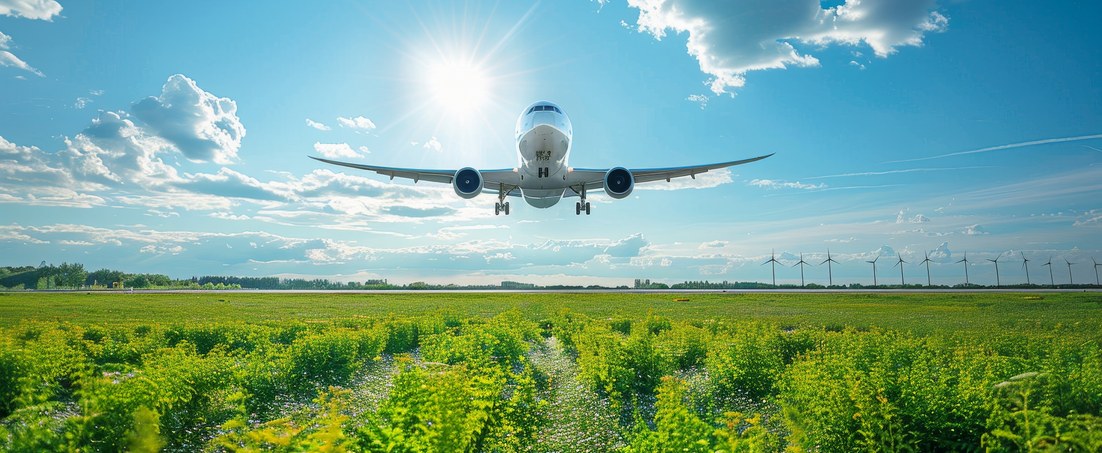The Future of Sustainable Aviation: Reducing the Carbon Footprint

As the world becomes increasingly aware of climate change, the aviation industry is under pressure to adopt sustainable practices. Airlines and manufacturers are actively seeking ways to reduce their carbon footprint, transforming how we perceive and experience air travel. This shift towards sustainability is not just a trend but a necessity for the future of aviation.
One of the most significant steps towards sustainability is the development of green aviation technology. Electric and hybrid aircraft engines are no longer science fiction; they are rapidly becoming a reality. Companies like Airbus and Boeing are investing in research to create planes that produce little to no emissions. Electric planes may currently be limited to short-haul flights, but advancements in battery technology could soon make longer journeys possible.
Another critical factor is the adoption of sustainable aviation fuels (SAFs). These biofuels, derived from renewable sources such as algae, waste oil, and plant matter, significantly reduce greenhouse gas emissions compared to conventional jet fuel. Several airlines, including United and KLM, have already started integrating SAFs into their fleets, marking a positive step toward eco-friendly air travel.
Furthermore, eco-friendly aircraft design is playing a pivotal role in reducing aviation’s environmental impact. Engineers are now using lightweight composite materials, such as carbon fiber, to create more aerodynamic aircraft. This reduces fuel consumption, allowing planes to fly longer distances using less energy. Aircraft like the Boeing 787 Dreamliner and Airbus A350 have already set benchmarks for fuel efficiency, thanks to their innovative designs.
Beyond fuel and technology, airlines are also implementing more sustainable practices, such as reducing single-use plastics and optimizing flight routes to minimize fuel consumption. The adoption of carbon offset programs allows passengers to contribute to environmental projects, balancing the carbon emissions generated by their flights.
The future of sustainable aviation hinges on the industry's willingness to innovate and adopt these eco-friendly solutions. As consumers become more eco-conscious, airlines that prioritize sustainability will not only reduce their carbon footprint but also gain a competitive edge in the market.